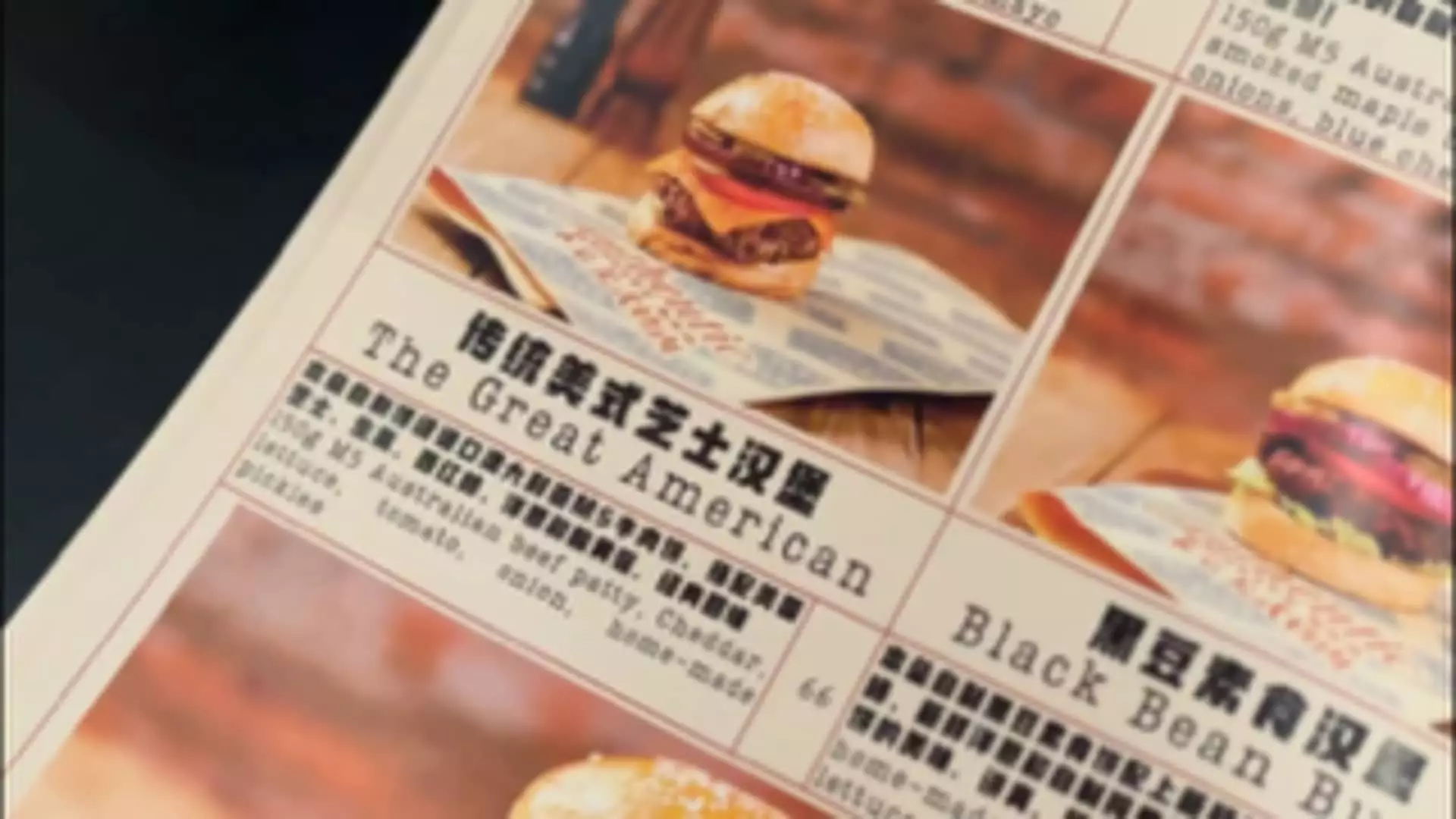In a world increasingly shaped by the interplay of politics and commerce, the recent fallout from tariffs on American imports has become a bitter reality for restaurateurs like Geng Xiaoyun. In his acclaimed Beijing establishment, Kunyuan, Geng proudly served a dish of salt-baked chicken feet—a delicacy often referred to as “phoenix talons.” Despite the culinary prowess that distinguishes this dish, Geng’s plans have been thwarted by a stark 30% price increase due to tariffs imposed on American chicken feet. This is more than just a financial hurdle; it is a profound loss of a specific culinary experience that derives its richness from the unique texture and flavor of American products.
NNegotiations and Broken Promises
After the Geneva agreement promising a 90-day pause in tariffs, optimism flickered amidst the uncertainty. However, this fragile truce has faced serious strains as accusations of agreement breaches have led to escalating tensions. The Chinese Commerce Ministry’s retort to President Trump’s allegations exemplifies the follies of diplomacy in an era of profound economic interdependence. The reality is that agricultural products are slipping away from Chinese consumers; American goods, once staples of the dining experience, are being overshadowed by substitutes from countries like Brazil and Australia. These alternatives may serve a functional role, but they fail to capture the quality and richness intrinsic to American ingredients.
A Culinary Diplomatic Crisis
The ongoing trade war is not just a matter of dollars and tariffs—it’s a diplomatic crisis with tangible consequences for taste. Restaurateurs and chefs are forced to sacrifice quality on the altar of geopolitics. Liu Li, a veteran beef supplier, underscores the harsh reality, emphasizing that U.S. beef, known for its richness and marbling, has become a luxury because of inflated prices, which have soared by 50%. This raises a critical question: are tariffs worth the sacrifice of the culinary diversity and excellence that enrich not just a nation’s tables, but its cultural fabric?
While the nation’s politics may play out in boardrooms and capitals, the real stakeholders—the chefs, the diners, and the culture bearers—are left grappling with the consequences. Enhanced availability of culinary varieties enriches palates and fosters cross-cultural understanding. As Australian beef makes its way into popular burgers and barbecues, we are being robbed of the opportunity to savor different experiences. If the goal is to promote a feeling of national pride through food, then the tensions only accomplish the opposite by narrowing the culinary choices available to consumers.
The Insatiable Human Appetite for Authenticity
During turbulent times, people often seek solace in the familiar. American chicken feet may seem like a niche delicacy, but for Geng Xiaoyun and many others, they symbolize the unrivaled quality that comes from a rich, intertwined history of culinary traditions. The hope that “the price of American chicken feet will come back down” assumes a normalcy that is increasingly elusive. Every moment spent in limbo is a moment where authenticity is sacrificed on the altar of trade war politics.
In an age where quality matters, the lessons to be drawn from this culinary crisis are clear. Economic policies that disrupt supply chains create ripples that extend far beyond financial loss; they erode our cultural landscape, robbing us of the vibrancy that comes from shared experiences and diverse flavors. The struggle against tariffs is not merely a fight for lower prices but a plea for culinary dignity and the integrity of our shared gastronomic heritage.


Leave a Reply